
-First of all, please tell us a brief introduction and your biography up to now.
C.S.: I started singing at the age of 10 and am currently enrolled in my second year of master's program at Tokyo College of Music.
-Have you ever attended a seminar?Have you been abroad?
C.S.: I have been to Europe and New York on vacation, but this was my first time participating in a seminar.
-What made you want to go to this class?
C.S.: I had been thinking about studying abroad in Italy, and now that the coronavirus has calmed down, I decided to attend the course because it was held during the summer vacation and I could take the sensei lessons that I was interested in.
-How many participants were there?What kind of people were participating?
C.S.: There were about 10 participants in the vocal performance. Participants came from various countries including Asia, Europe, and Western countries.
-What was the schedule for the seminar?
C.S: We had 1-minute lessons every day.
Since I arrived early, I was able to hang out with the pianist until the lesson started.
-What kind of person was sensei?
C.S.: He looked at each student carefully and lovingly, and provided guidance tailored to each person.
-What did you learn in the lesson?Is there anything that left an impression on you as a result of what you learned?
C.S.: The technique called asilita differs depending on the composer, so this lesson taught me the method that was suitable for each composer.
He also told us about his own experiences with sensei, which he has sung on stage.
He taught me the repertoire and songs that suited me, and also introduced me to songs that were unknown in Japan.
It gave me a chance to reconsider and I learned a lot.
-In what language did you take the lesson?
C.S: I mainly spoke Italian, and occasionally English. However, since I could not understand Italian very well, there were times when the pianist translated into English.
-Did you have a concert or closing ceremony at the end of the lesson?
C.S.: There was a graduation concert for the selected participants, and that was the end of the course.
-Where did you practice?How long have you been able to practice?
C.S.: The school was open until 19:00, so I would practice for an hour after the lesson ended at 18:00, or I would go early in the morning and practice before the lesson. The school's practice room can be reserved the day before, and the office staff was kind, so I was able to practice without any problems. Some people were practicing at the hotel where they stayed.
-What did you do outside of the lessons?
C.S: Before the lesson period, I went to listen to a concert and went shopping. During the lesson period, there were lessons every day from 10:00 to 18:00, and it was an open lesson format, so I was always listening. So I didn't do much sightseeing.
-How was the city? (Security, people's appearance, appearance, etc.)

C.S.: It was a rural town, and there were many friendly and kind people. The safety was also very good.
-Where did you stay?how was it?
C.S.: I stayed at a hotel. There was a hair dryer and air conditioner, and Wifi worked without any problems. It was a spacious single room, and the cups were changed every time. Some rooms had refrigerators and tableware, so I think the facilities vary depending on the room.
-How did your accommodation and training venue move?
C.S: I moved on foot. It takes about 20 to 30 minutes to walk slowly. Some people were traveling by bus.
-What did you have for dinner? How much does it cost to eat out for one meal?
C.S.: We had to order breakfast at the hotel, so sometimes we ate what we couldn't finish for lunch, and sometimes we ate at the school cafeteria. For dinner, I went shopping at the supermarket and ate it in my room.
-Did you have any tips for getting along with people from overseas?
C.S.: I felt that it was important to be assertive.
-Did you have any moments when you were happy to attend the seminar?
C.S.: I think being able to see the reactions of Italian people live and experiencing the Italian lifestyle was an experience that would be hard to replace with anything that I can apply to my own music.
-Do you feel like you have grown in any way after studying abroad?
C.S.: Even though we didn't speak the same language, we were able to communicate somehow, and no matter how much we expressed it, it was an environment where everything was accepted, so we were able to express ourselves in songs a lot, and we were able to experience things like that that I couldn't experience in Japan. I think that experience has deepened me as a person.
-Please tell us the major differences between Japan and your study abroad destination.
C.S.: Italy is a Latin country, so even when riding on the train, the information is not accurate at all, and I felt that Italy is a country where people don't care about small things.
-Is there anything you would like to give advice to those who will study abroad in the future?
C.S: Taking overseas sensei lessons in Japan is completely different from taking overseas sensei lessons locally, so I was a little nervous and worried before I went, but I had no choice but to go. It takes courage, but I think it's important to do your best and take the first step.
-Is there anything you should do before studying abroad?
C.S: Prepare the Wifi environment. The key is to prepare well for your language skills.
-What are your future activities?Please let me know if you have a career path.
C.S.: After graduation, I'm thinking about studying abroad.
-Thank you for your cooperation.



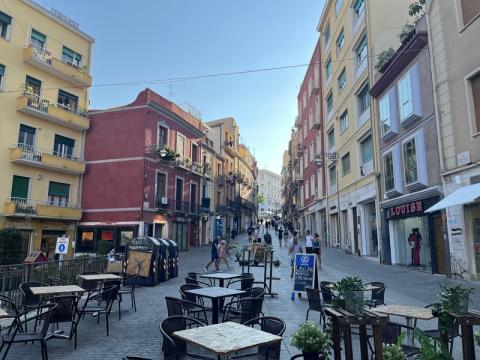
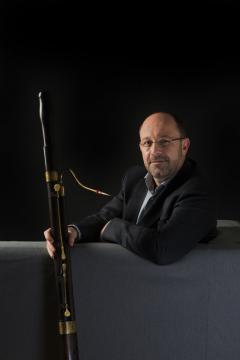
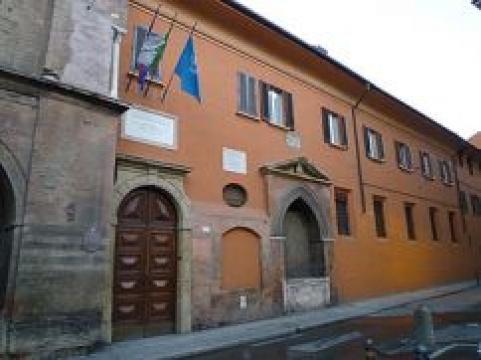

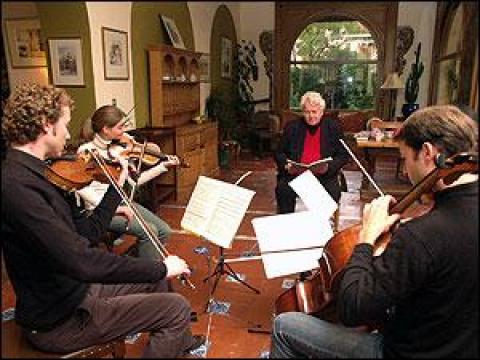
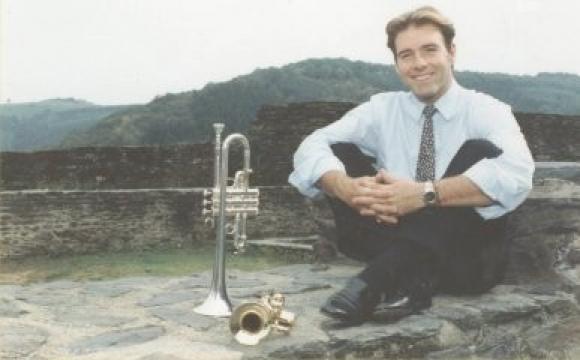


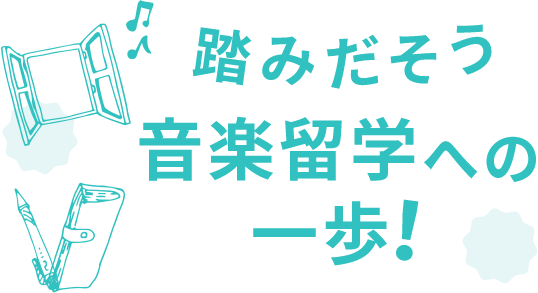
 Book a Counseling
Book a Counseling